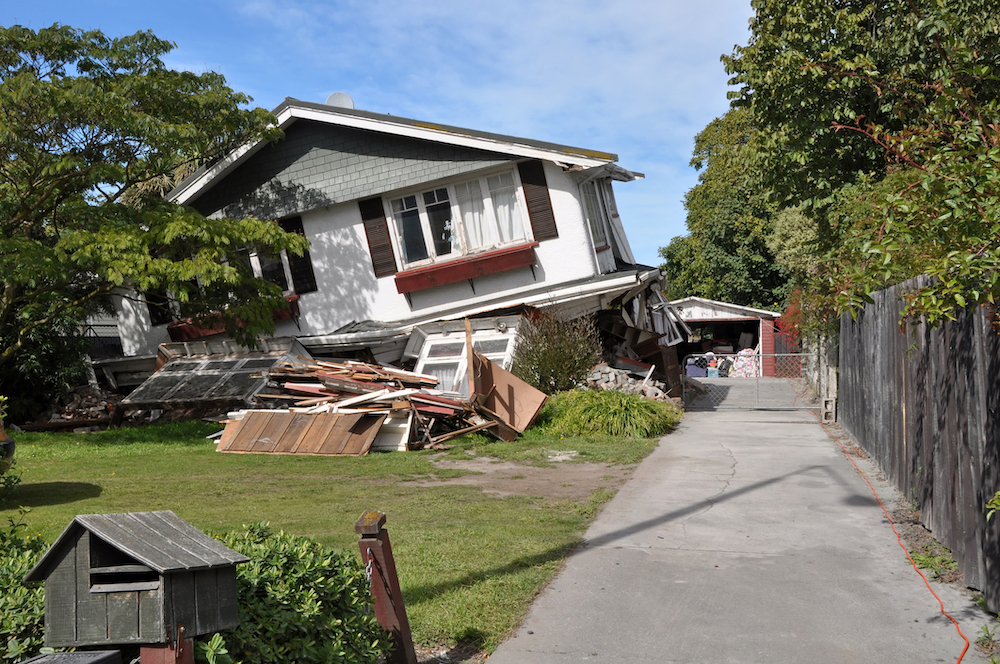
Knowing when to file a homeowner's claim is important if your house has been damaged. This will ensure that your property is protected and will help you avoid out-of-pocket losses.
When to File a Homeowners Claim
There are a few situations where it makes sense to make a claim. It can be a long and tedious process, but if you're looking to have your claim resolved quickly, it's well worth it.
You should first read your insurance policy to ensure you know what is covered. You will know how much you will have to pay and whether or not it is in your best interests to file a claim.
Talk to your insurance agent and ask him to look over any documents which may be relevant. You will be advised on how to proceed.

The claims process is not well-known to everyone, and it can be long and complex. Therefore, it is important to prepare. Keep track of your conversations and documents and file your claims promptly.
Keep a claims record
It's vital to record all details when filing a claim with your home insurance. You can use this information in the future, if you ever need to file another claim. This can make the entire process faster. So, keep a record of your conversations with various people.
A good idea is to also make copies of documents. This will help your insurance company and their adjuster make a more accurate and detailed assessment of the damages.
Choosing to make a homeowners claim
Most people make the mistake of thinking that filing a claim with their home insurance is a complete waste of time. In reality, it's a very smart decision that could save you tens or hundreds of thousands of dollars in out-of-pocket expenses.
Often, a home insurance claim can be the only way to make sure your home is protected against major losses. In some instances, filing an extra claim can be worth the expense to prevent a costly and unplanned repair.

It is best to file an insurance claim when it is in your family's best interest and within your budget. If it will not benefit your family and your budget, you should never file a claim for home insurance.
Liability coverage is designed to cover the medical costs of someone injured on your property. The liability limits start around $100,000. However, it is a good idea that you discuss this with an insurance professional.
Your deductible must also be paid before the policy takes effect. Your deductible can be a flat dollar amount or a percentage of the total policy amount.